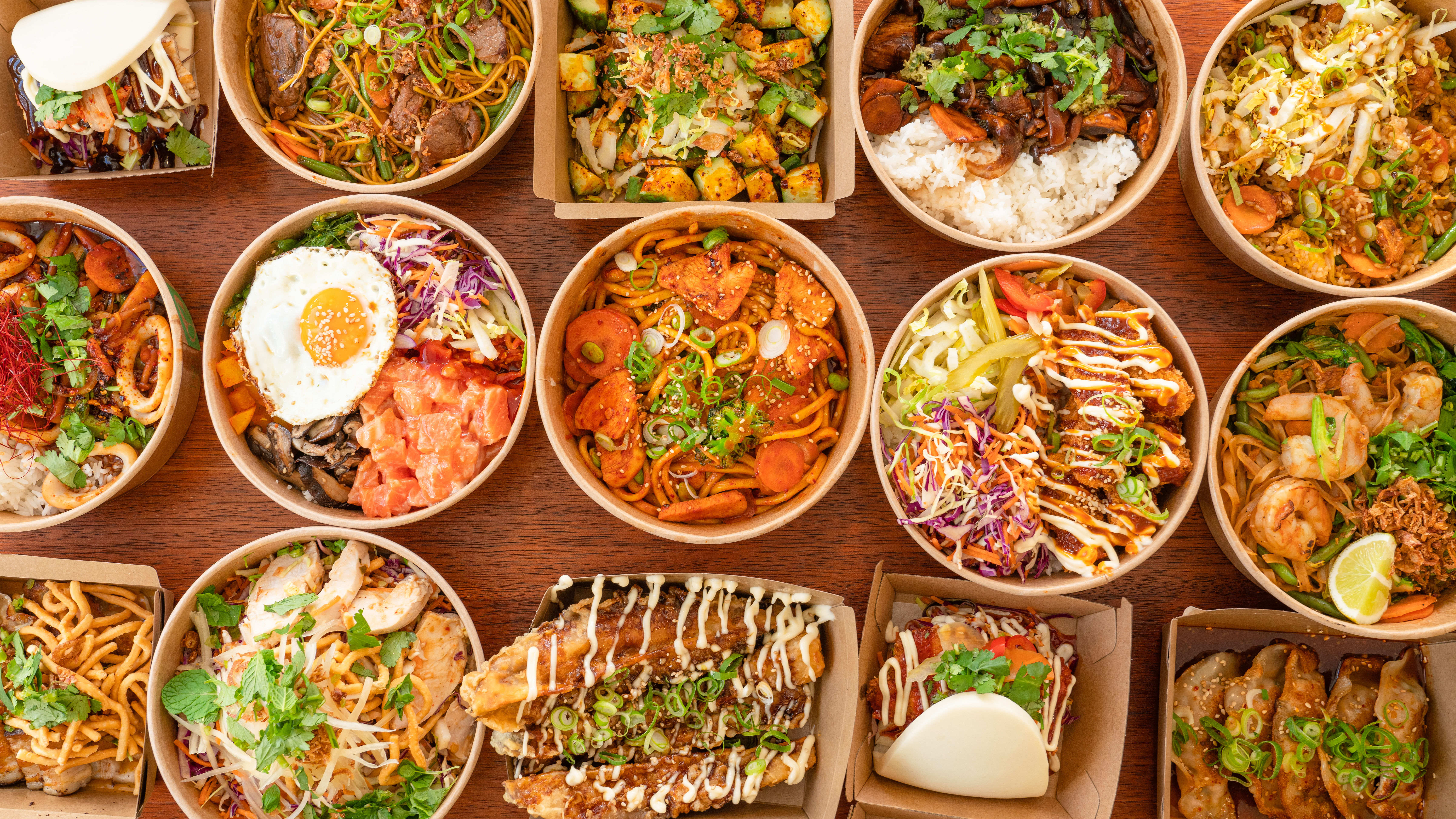
According to the All India Food Processors Association, there’s a conscious shift in the industry, towards sustainable packaging and foods, with natural, organic, vegan and GI-tagged products transforming the landscape.
Credit: iStock Photo
If the pandemic has taught me something about carbon footprint, it’s definitely a lesson rooted in supporting sustainable businesses and embracing good old traditions. Going down to the local market with a cloth bag to bring home produce in is an underrated joy. Carrying a bunch of steel dabbas to the local grocery shop to fill with dals, flour, nuts and seeds is another practice I embraced during that time, and I’m always in awe of stores that make some wiggle room for these kinds of things.
When I order food online, I appreciate cafés that avoid plastic packaging to the extent possible in such a transaction. Of course, the pandemic put a stop to that and we all focused our energies more on cooking exotic, restaurant-style fare at home. But once the lockdowns ended and we got a taste of what it felt like to live a normal life again, we went overboard. We ate out to our heart’s content, ordered in, and went back to online shopping for everyday essentials.
This of course meant that we were discarding more single-use plastics and other packaging material, some of which would be recycled and some, not quite. If you, like me, just shrugged at this, think about the bigger problem: by 2050 there will be more plastic by weight in our oceans than there are fish. About 160 million tonnes of plastic are currently present in our oceans. 79% of our plastic waste makes its way to landfills or the oceans, while only 9% is recycled, and 12% gets incinerated.
What can we do to reduce plastic waste? Reduce plastic usage, of course. Is it possible to go completely plastic-free? What happens to the plastic that has been in existence in our everyday lives, for as long as we can remember: buckets and mugs, trays and storage boxes, fast food containers and use-and-throw brushes of all sorts, the list is endless. It’s one thing to say no to plastic bags when we go shopping, but a whole other ball game to think about how we’re going to re-use, re-purpose and recycle the plastic that surrounds us in our daily lives. I spend a considerable amount of time cleaning every day and realise that there’s a spot of plastic in almost every household cleaning device or material, from brooms and jalas to scrubs and dusters.
Still, the biggest chunk of our at-home plastic stock is likely to be food takeaway boxes and bags. Did you know that India’s food and beverage packaging industry is expected to reach close to Rs 70 cr by 2029, thanks to rising disposable incomes, evolving consumption patterns and urbanisation? According to the All India Food Processors Association, there’s a conscious shift in the industry, towards sustainable packaging and foods, with natural, organic, vegan and GI-tagged products transforming the landscape. Food packaging plays a big role in the quality of the food itself. Protecting the food is not just about maintaining the temperature or texture, but also about eliminating threats on the outside, in each step of the food chain, from production to processing, packaging and transportation. Spent coffee grounds, crushed sugarcane pulp, arecanut leaves, palm leaves, wheat bran, bamboo, coconut shells: all of these are alternatives to non-biodegradable/ plastic food packaging and use-and-throw tableware that we’re all familiar with. Here are some home-grown brands in this business, with a focus on sustainability of not just the end product, but also the way it’s made:
MynusCo: With a wide range of degradable, food-safe and durable products for home and industrial use, this Mysuru-based company uses bio-composite material with 100% bio content, like bamboo, coffee husk, coir, rice husk, starch and wood.
Pappco: Green tableware from Pappco is made with bagasse — residual sugarcane — which is turned into pulp and moulded into sturdy food containers and boxes (100% compostable) under high temperatures and pressure.
Evirocor: Oko is the revolutionary food packaging material by Evirocor, made from plant-based, home-compostable and recyclable materials. Oko is not only biodegradable, and leak-proof with a patented food-friendly watertight barrier, but it is also manufactured sustainably, using low-carbon emission technologies.
Dinearth: Their food packaging material is made from 100% renewable natural plant fibre, with zero plastic coating. Their products are also microwave and freezer-friendly, and resistant to water and oil seepage.
Bambrew: Their food packaging uses a combination of bamboo, sugarcane and seaweed, and is 100% handmade and reusable. Water-resistant and refrigeratable, Bambrew’s products are lightweight and durable, too.
The next time you’re in a situation that needs to rely on takeaway boxes or recyclable tableware, do look into these options. Still, there’s nothing to beat the good old steel tiffin box for a picnic, carry out from a restaurant, or even while attending a party or a mela. I say, put a couple of these boxes in cloth bags and leave them close to the door, for you to just pick up and be on the go before you step out of the house. Because, sometimes, it’s not the lack of knowledge that hampers eco-conscious action, but being pressed for time, or the result of plain old forgetfulness. That brings me, of course, to the perils of knowledge-shaming on social media, specifically, but let’s put that in a bagasse, bran or bamboo box, shall we, for now, and toss it into the green yonder? Because, as they say, if you know, you know.
(Ranjini Rao is a communications professor, author, and podcaster, straddling multiple worlds in Bengaluru. She’s passionate about urban farming and sustainable living, and can mostly be found cooking and baking in her little kitchen where, surrounded by heirloom coffee kettles and mismatched tea cups, she finds her chi.)